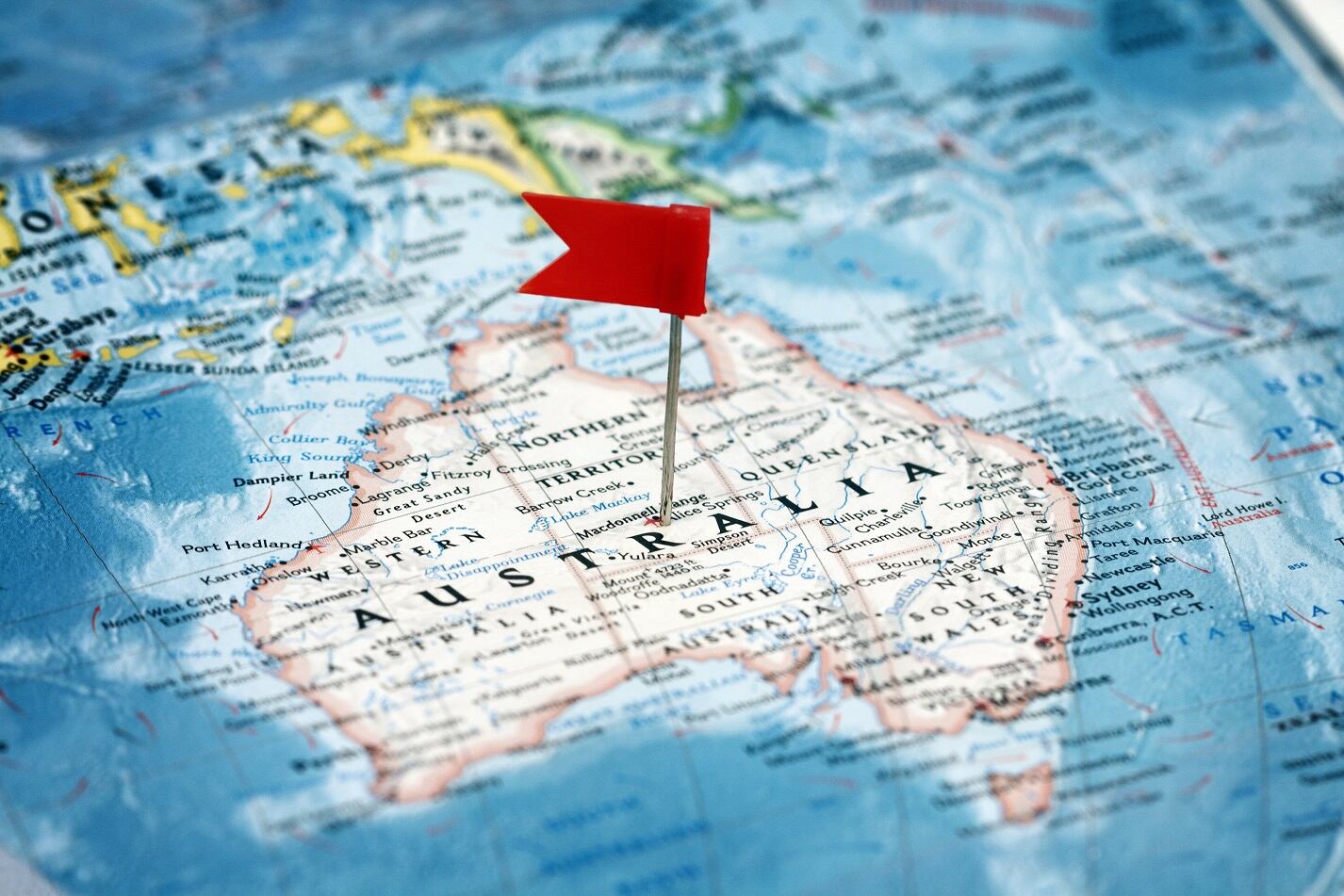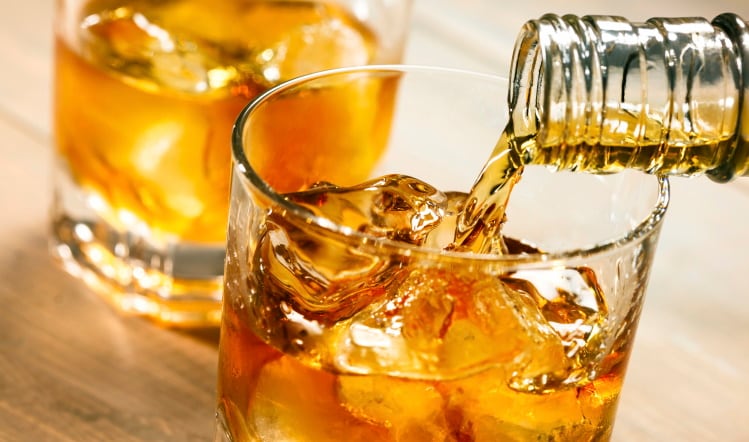That was the assessment of levy board AHDB, following the long-awaited signature of the FTA in a virtual ceremony on the evening of 16 December.
In another interesting move, Rules of Origin (RoO) are more fluid than in previous FTAs, meaning UK exporters will have more headroom regarding the percentage of ingredients in processed food that must be of UK origin.
"For instance, biscuits made from imported flour and sugar will qualify for tariff-free access under the FTA," commented AHDB strategic insight manager Sarah Baker. "The RoO will be more dependent on the production process – as opposed to the list of ingredients – than has previously been the case."
Gateway to Trans-Pacific Partnership
As Baker points out, the deal is also significant because it creates a gateway to the UK entering the Comprehensive and Progressive Trans-Pacific Partnership, (CPTPP). That agreement - proposed in 2016 - would include Australia, Brunei, Canada, Chile, Japan, Malaysia, Mexico, New Zealand, Peru, Singapore, Vietnam, and the US. The UK would secure access to a rapidly expanding middle class of consumer through the CPTPP.
"By 2030, two-thirds of the middle classes will be in Asia, driving demand for high-quality products including meat and dairy in the region," said Baker. "This rapidly-expanding demand will dominate trade patterns and access to these markets will be crucial for the UK as it pursues its stated goal to become a great trading nation."
However, the AHDB has warned the FTA could render UK lamb producers vulnerable to a trade spat between Australia and China.
Detailing the tariff system agreed upon, Baker stated: "There will be Tariff Rate Quotas (TRQ’s) on beef and sheep-meat imports. These tariffs are set at 35,000t for beef and 25,000t for sheep-meat, increasing at regular annual increments over ten years to reach 110,000t for beef and 75,000t for sheep-meat by year ten. Any product exceeding this quantity will be subject to the UK Most Favoured Nation (MFN) tariffs.
Pork, poultry, eggs
"Surprisingly, pork – along with poultry and eggs – is not included in the FTA and therefore Australian pork exports will attract UK MFN tariffs. Australia is a net importer of pork and the UK can still export to Australia tariff free, as it does currently.
"From years ten to 15 there will be product-specific safeguards, which in effect increase the tariff-free beef imports incrementally to 170,000t and sheep-meat to 125,000t by Year 15, with a 20% tariff on any imports that exceed this quantity."
The FTA also states that if a domestic industry suffers injury due to the FTA, trade can be suspended immediately for an initial period of 200 days, while the extent of injury is investigated. Agreement needs to be reached between the parties regarding the extent of injury before trade is resumed. This applies to all products covered in the FTA and remains in force for 15 years.
Animal welfare
"With regard to animal welfare, a non-regression clause has been included for the first time in a UK FTA that ensures that neither party can regress on current animal welfare standards in order to undercut the other party on price," Baker highlighted.
There is also a simplified and accelerated customs process for perishable goods, ensuring they clear customs more quickly.
Food industry reaction to the agreement, which as the first FTA to be signed from scratch after Brexit sets the benchmark for others, has been mixed.
Dominic Goudie, head of international trade at the Food and Drink Federation (FDF), said: “The UK and Australia are important trade partners when it comes to food and drink, with trade in our sector’s products worth more than £800m in 2020. Many of the UK’s food and drink exports are prized, and there is much more we can do to build on the UK’s reputation for provenance and quality.
"The FDF therefore welcomes the news that the UK has signed a comprehensive trade agreement with Australia and we look forward to supporting export growth under the agreement.
'Welcome news'
“The removal of all tariffs on food and drink exported to Australia is welcome news for UK food and drink manufacturers. But trade agreements are about much more than just tariffs and we are now analysing the detail of this agreement to understand the precise terms that it delivers and how that can help to boost our industry’s trade with Australia.”
The National Farmers Union (NFU) were less enthusiastic, calling the deal 'one-sided'.
“In particular, it is disappointing that the UK Government has capitulated to Australian demands to time-limit any safeguards for sensitive sectors," said NFU president Minette Batters. "Despite assurances that these sectors would be afforded some level of protection, we will see full liberalisation of dairy after just six years, sugar after eight years and beef and lamb after 15 years."
No safeguards if imports reach damaging levels
There would be no safeguards for products if imports reach damaging levels after 15 years, she said. "Just as concerningly, the UK has agreed to beef and lamb quotas which will favour imports of high-value cuts, despite this being the end of the market where British farmers tend to derive any value from their hard work."
Nothing seemed to encourage import controls for food produced below standards legally required of British farmers, said Batters. For instance, beef produced on deforested land or meat from animals transported in a way that would be illegal here.
“The Government needs to level with farmers about the commercial reality of this and ditch the soundbites that lost any meaning a long time ago. It needs to set out a detailed agri-food export strategy, with complementary policies that will enable UK farmers to compete and adjust.
'More needed'
"We have seen some progress as the Government begins to set out its export strategy, but much, much more is needed and implementing our three-point plan for getting farming ‘match-ready’ would be a good start.
“I hope that MPs will now take a good, hard look at this deal to see if it really does match up to the Government’s rhetoric to support our farmers’ businesses and safeguard our high animal welfare and environmental standards. I fear they will be disappointed.”
According to a statement from the Department for International Trade and MP Anne-Marie Trevelyan, secretary of state for international trade, who signed the agreement with Australian minister of trade, tourism and investment Dan Tehan: "The deal is expected to unlock £10.4bn of additional trade, boosting our economy and increasing wages across the UK, while eliminating tariffs on 100% of UK exports."
The FTA removes tariffs on all UK exports to Australia, making it cheaper to sell products such as Scotch whisky to Australia. It would also make Australian products such as Jacob’s Creek and Hardys wines more accessible for British consumers.
'Landmark moment'
Trevelyan described it as 'a landmark moment'.
The FTA will not take effect overnight. A three-month period of scrutiny by the public and the Trade and Agricultural Commission (TAC) and then Government and parliamentary process would mean it is unlikely to be in force before the second half of 2023, Baker said.
The full business breakdown of the FTA's implications for businesses are available from the Government website.




